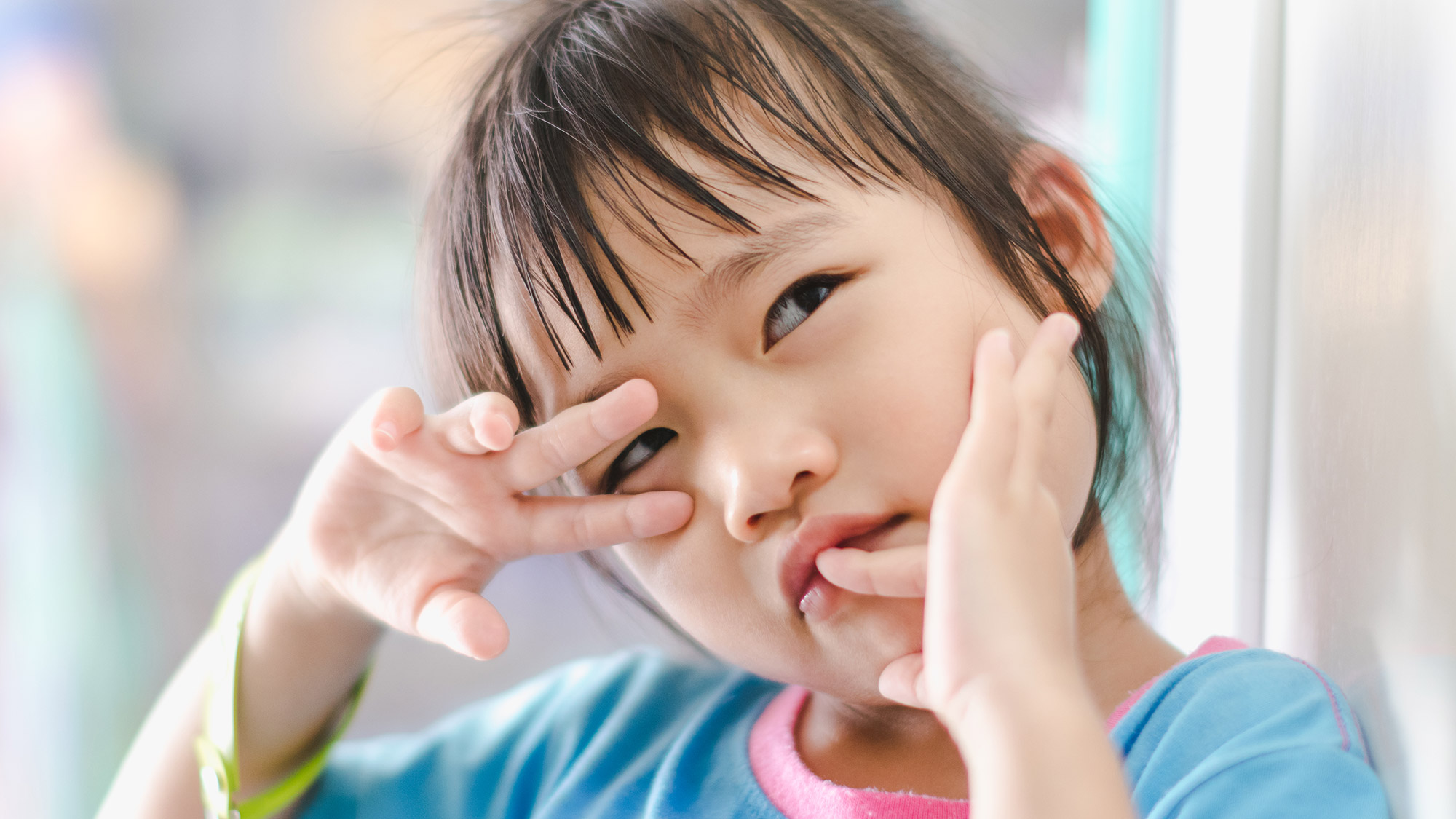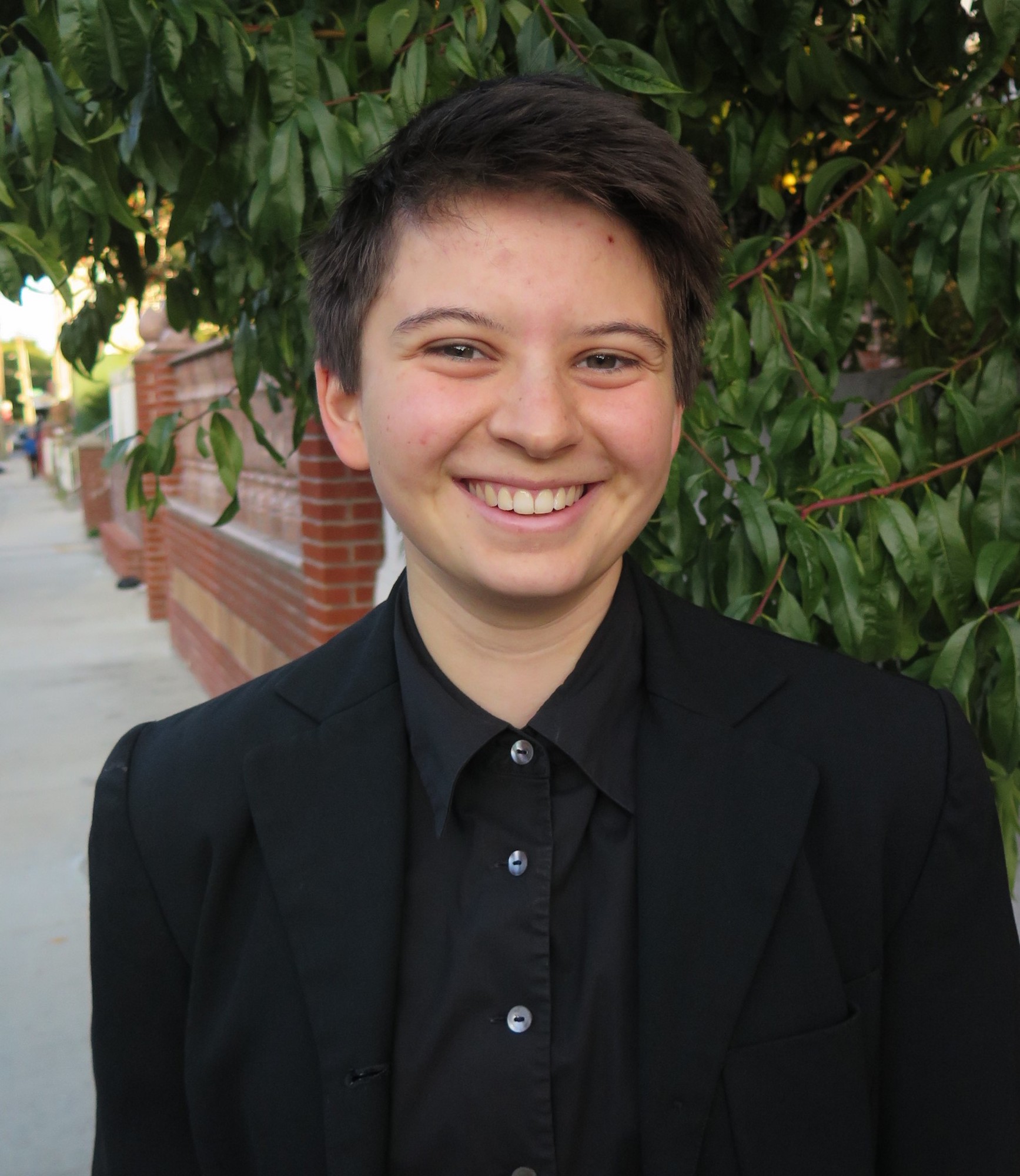
Why is it so hard not to touch your face?
Why does your nose itch whenever you try not to touch your face?

As the new coronavirus spreads across the globe, people are staying 6 feet (1.8 meters) apart, washing their hands and avoiding touching their faces. Or at least they're trying to.
Ignoring an itchy nose or hair in your eyes is easier said than done. Even professionals who should know better get caught by the impulse. Medical school students being trained in infectious disease prevention, for example, touched their faces 23 times an hour during a lecture, according to a 2015 study in the American Journal of Infection Control.
So why is it so difficult to stop touching your face?
Related: Why do our fingernails keep growing until the day we die?
"It's one of the most common habits there is literally for any human," said psychologist Kevin Chapman, founder and director of the Kentucky Center for Anxiety and Related Disorders. People are taught to touch their faces often, whether by applying makeup, brushing and flossing their teeth, or putting up their hair. These routines carry over to less intentional methods of touching your face, such as rubbing your eyes in a germ-filled grocery store.
This tendency isn't just about repetition, but also vanity. "It's a habit to make sure that our faces are appearing a certain way publicly," Chapman told Live Science. Food around the mouth, for example, could suggest that someone is slobbish or doesn't take care of their appearance. Touching their face allows people to regulate their presentation and also shows others that they're self-aware.
Though touching the face is a bad habit for many people, it can be worse for those with anxiety. To manage stress, people with high levels of neuroticism may perform body-focused repetitive behaviors such as biting their nails or pulling their hair, Chapman said, which can interfere with a person's daily life, such as distracting a person from social interactions and making them feel powerless or ashamed. On a less severe level, people may touch their faces to soothe themselves in times of stress, according to a small 2014 study in the journal Brain Research.
Sign up for the Live Science daily newsletter now
Get the world’s most fascinating discoveries delivered straight to your inbox.
Luckily, touching your face is not the main way people get infected by the novel coronavirus, according to the Centers for Disease Control and Prevention (CDC). Still, the CDC recommends not touching your nose, mouth or eyes because the virus does spread this way. And, if you touch a contaminated surface, remember to clean your hands with soap and water or use hand sanitizer.
When people are concerned about touching their faces, they may do it more frequently, Chapman said, like how telling someone not to think of a pink elephant immediately conjures a pink elephant in their mind. To break the habit, start by being more aware of when you touch your face, but don't punish yourself when you reach up with your hand. Pair reminders such as phone alarms with practical actions, such as putting your hair in a ponytail so it's out of your face and not a temptation for you to touch.
Originally published on Live Science.
OFFER: Save at least 53% with our latest magazine deal!
With impressive cutaway illustrations that show how things function, and mindblowing photography of the world’s most inspiring spectacles, How It Works represents the pinnacle of engaging, factual fun for a mainstream audience keen to keep up with the latest tech and the most impressive phenomena on the planet and beyond. Written and presented in a style that makes even the most complex subjects interesting and easy to understand, How It Works is enjoyed by readers of all ages.

Tyler Santora is a freelance science and health journalist based out of Colorado. They write for publications such as Scientific American, Nature Medicine, Medscape, Undark, Popular Science, Audubon magazine, and many more. Previously, Tyler was the health and science Editor for Fatherly. They graduated from Oberlin College with a bachelor's degree in biology and New York University with a master's in science journalism.










